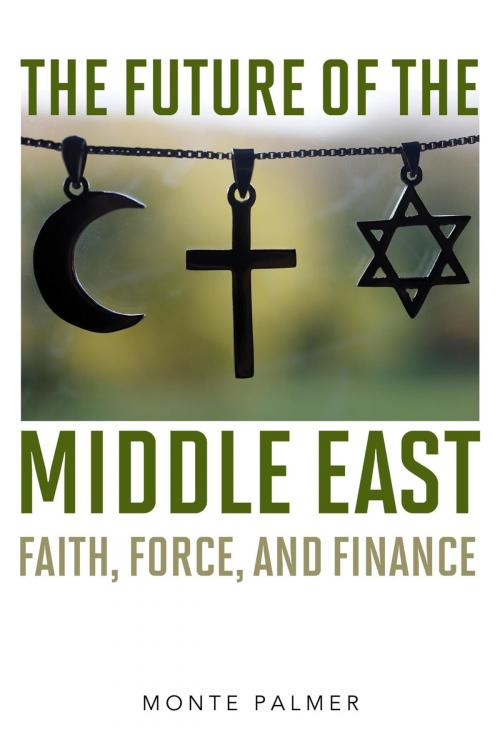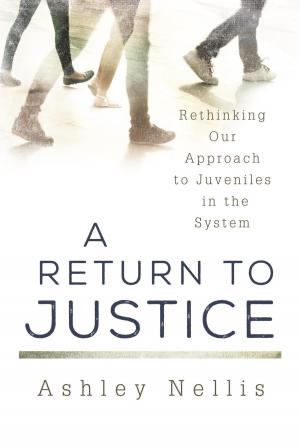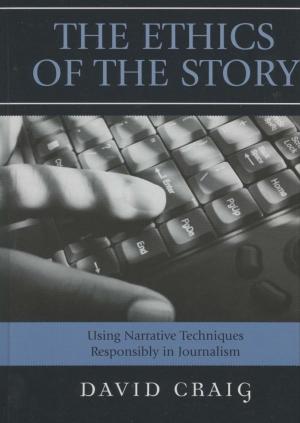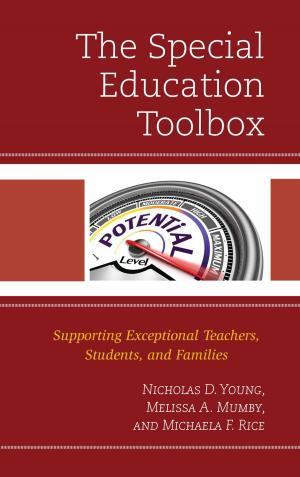The Future of the Middle East
Faith, Force, and Finance
Nonfiction, History, Middle East, Social & Cultural Studies, Political Science, International| Author: | Monte Palmer | ISBN: | 9781538117897 |
| Publisher: | Rowman & Littlefield Publishers | Publication: | November 24, 2018 |
| Imprint: | Rowman & Littlefield Publishers | Language: | English |
| Author: | Monte Palmer |
| ISBN: | 9781538117897 |
| Publisher: | Rowman & Littlefield Publishers |
| Publication: | November 24, 2018 |
| Imprint: | Rowman & Littlefield Publishers |
| Language: | English |
This deeply informed book considers the intertwined roles of faith, force, and finance in shaping the modern Middle East. Leading expert Monte Palmer argues that these factors will continue to have a major impact on the Middle East as the United States and other major powers increasingly find themselves embedded in conflicts that defy resolution. Palmer considers the lessons learned from past and current conflicts: the limits of using tyrants as avenues of force; the transformation of faith into force; the root causes of terror; and the perils of a global environment that threatens a new cold war between Russia and the United States, a war of religions between the Abrahamic faiths, and a war of terror that is rapidly becoming global. As he clearly shows, the relative dominance of faith, force, or finance is always shifting, depending on time, place, and local conditions. Drawing on cases from ten critical periods, from World War I through the current chaos and stalemate, the author offers constructive paths forward for building a Middle East of peace and stability.
This deeply informed book considers the intertwined roles of faith, force, and finance in shaping the modern Middle East. Leading expert Monte Palmer argues that these factors will continue to have a major impact on the Middle East as the United States and other major powers increasingly find themselves embedded in conflicts that defy resolution. Palmer considers the lessons learned from past and current conflicts: the limits of using tyrants as avenues of force; the transformation of faith into force; the root causes of terror; and the perils of a global environment that threatens a new cold war between Russia and the United States, a war of religions between the Abrahamic faiths, and a war of terror that is rapidly becoming global. As he clearly shows, the relative dominance of faith, force, or finance is always shifting, depending on time, place, and local conditions. Drawing on cases from ten critical periods, from World War I through the current chaos and stalemate, the author offers constructive paths forward for building a Middle East of peace and stability.















